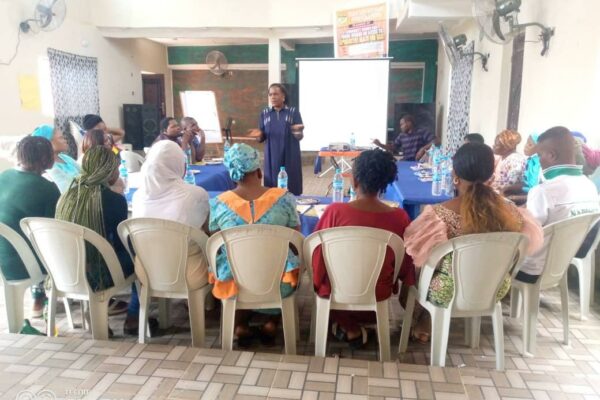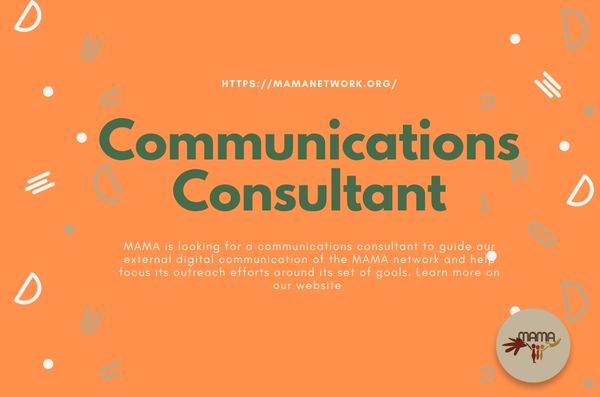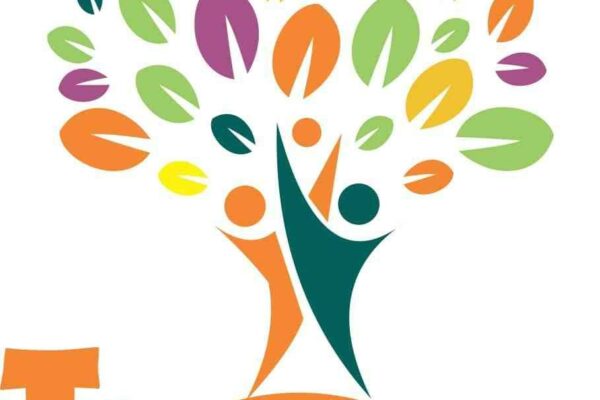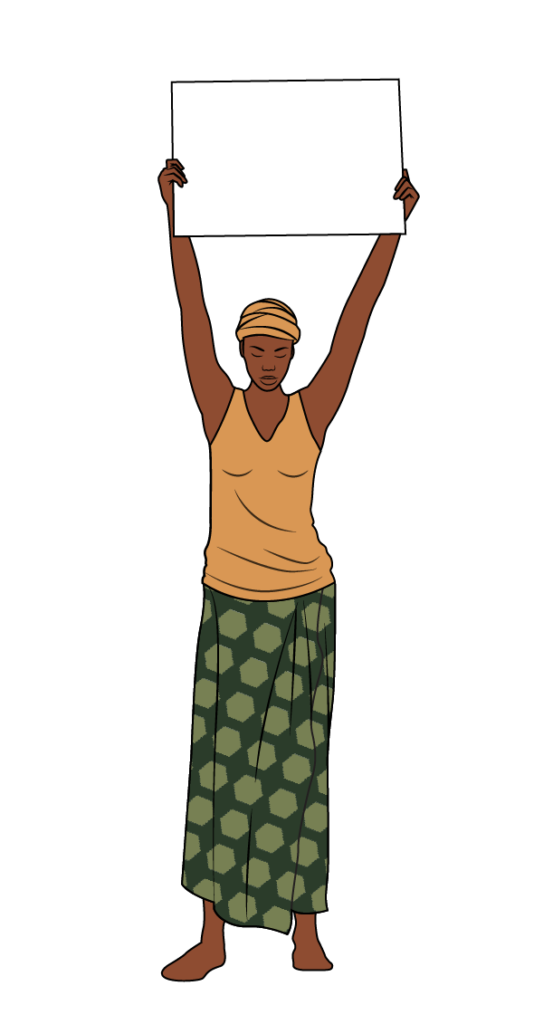Access to reproductive health information is a right for indigenous women and women living with HIV in Nigeria
In Nigeria Abortion is legal only when performed in case of rape, or incest and to save a woman’s life. […]
MAMA Network is looking for a communications consultant
MAMA – Mobilizing Activists around Medical Abortion is a network of organizations centered on disseminating knowledge about and expanding access […]
Networking and Partnership among Relevant Stakeholders on Access to SRHR services
Eshet Children and Youth Development Organization is a local civil society organization based in Addis Ababa, Ethiopia. The organization is […]
Call for action
The Trust and Support Foundation Join voice with 150 women advocates in Lagos State Nigeria to demand the immediate lift […]
Centre for Social Concern and Development (CESOCODE) called on the Government and Pharmacists to improve women’s access to health using Technologies in Malawi
Cross section of participants who attended the May 28 meeting. May 28th is the International Day of Action for Women’s […]
Vision in Action Cameroon( VIAC) is debunking myths around SRHR
With support from the MAMA network, VIAC is able to organize a good number of community interventions and research on […]
Centre for Social Concern and Development (CESOCODE) engages Adolescent girls and young women in access to Sexual Reproductive Health services
Cross-section of adolescent girls who attended the meeting As one way of improving access to Sexual Reproductive Health among […]
Introducing the MAMA Sophia App
Sex, pregnancy, love, and health are complicated enough as it is, whether you are a young woman studying and building […]
MAMA Network is looking for a video animator!
Mobilizing Activists around Medical Abortion – MAMA – Network is a collaboration of grassroots activists and feminist groups based in […]






